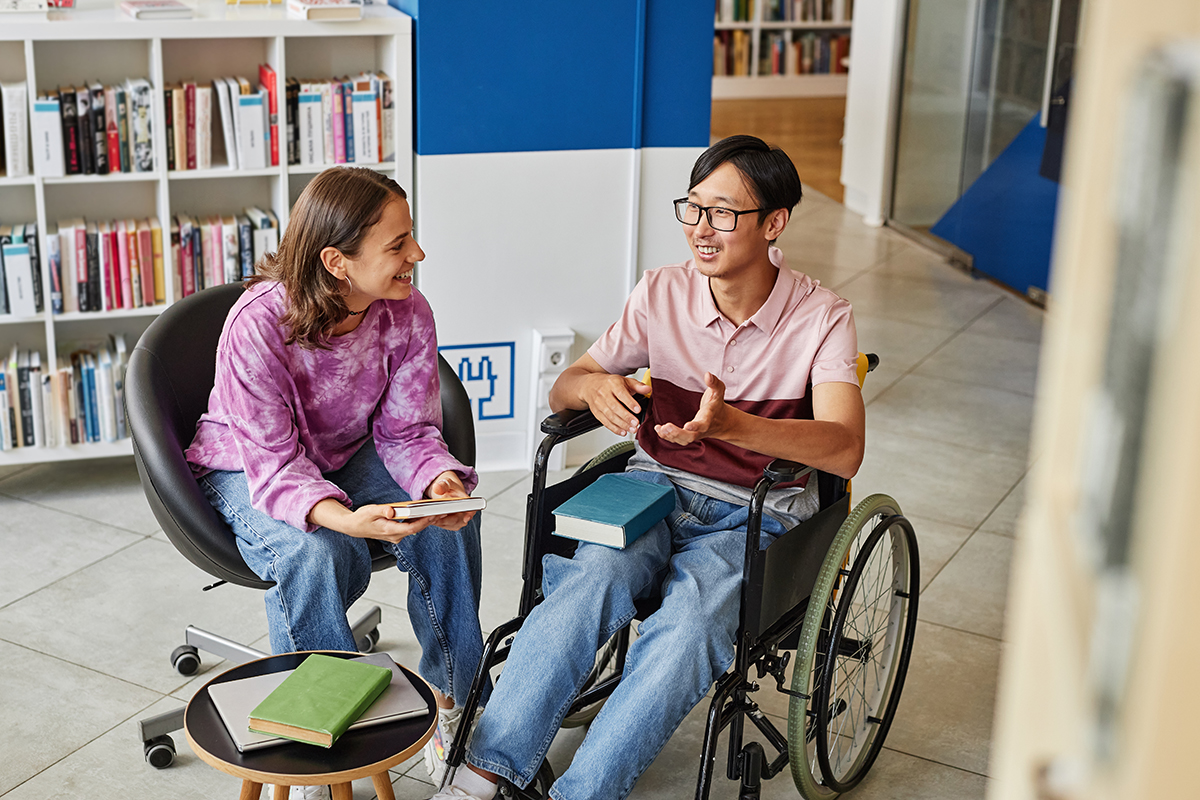In an increasingly interconnected and challenging world, education is positioned as the central axis for achieving sustainable development. Teachers, key players in this process, not only impart knowledge, but also inspire new generations to become agents of change. The recent UNESCO conference, highlighted in a UN report, highlights the importance of empowering educators to address global challenges. This blog delves into the conclusions and proposals of this crucial event, aimed at both education professionals and students interested in contributing to a more equitable future.
A meeting point for educational innovation
The UNESCO conference held in April 2024 was a significant milestone for the education sector, bringing together experts, teachers and education policymakers from around the world. Under the theme “Education for a Sustainable Future,” the event focused on how education can be a transformative force in achieving the United Nations Sustainable Development Goals (SDGs).
One of the highlights of the conference was the need to reform education systems to make them more inclusive and equitable. Quality education is essential not only for individual development, but also for social cohesion and economic growth. Experts urgently called on governments to invest in teacher training, school infrastructure and innovative educational resources.
Teachers as agents of change
The conference underscored the fundamental role of teachers in building a sustainable future. Educators not only transmit knowledge, but also foster critical skills and ethical values among students. This is crucial in a world where technology and globalization present both opportunities and challenges.
In order for teachers to fulfill this mission, it is necessary to provide them with ongoing training and support. UNESCO highlighted several successful initiatives that are empowering teachers to integrate Education for Sustainable Development (ESD) into their classrooms. These initiatives include online training programs, face-to-face workshops and communities of practice that allow educators to share experiences and strategies.
Innovation and technology in education
The use of technology in education was another central theme of the conference. The COVID-19 pandemic accelerated the adoption of digital tools in schools, but also revealed deep inequalities in access to technology. To close this digital divide, UNESCO urges governments and the private sector to collaborate in providing devices and internet connectivity for all students.
In addition, the importance of using technology effectively to enhance learning was emphasized. This includes the use of adaptive learning platforms that personalize education according to the needs of each student, as well as the integration of interactive multimedia content that makes learning more attractive and effective.

Inclusive and equitable education
Inclusion and equity in education were recurring themes during the conference. Various strategies were discussed to ensure that all children, regardless of their socioeconomic background, gender or abilities, have access to quality education. UNESCO highlighted the importance of education policies that promote inclusion, such as training teachers in special education and adapting curricula to meet the needs of all students.
A particular focus was given to the education of girls and women, who still face significant barriers in many parts of the world. Girls’ education is not only a human right, but also a powerful tool for community development and poverty reduction. Initiatives such as scholarship programs and awareness campaigns are helping to close this gender gap in education.
The role of communities and families
The conference also addressed the crucial role of communities and families in the educational process. Active parental and community involvement in children’s education can significantly improve academic outcomes and foster a more inclusive and supportive learning environment. Experts suggest strategies such as creating community support networks and organizing extracurricular activities that involve parents and students.
Towards a sustainable future through education
The UNESCO conference made it clear that education is fundamental to addressing global challenges and building a sustainable future. Teachers, as agents of change, need the right support and resources to play their role effectively. Technological innovations, inclusive policies and community participation are essential to transform education and achieve the Sustainable Development Goals.
For education professionals and students interested in this field, it is a crucial time to get involved and contribute to this transformation. Education not only prepares individuals for the labor market, but also empowers them to be responsible citizens committed to building a more just and sustainable world. Investing in education and teacher training is, without a doubt, an investment in the future of our society.
Continue your professional training
If you are passionate about the idea of being an agent of change in the educational field and contributing to the construction of a more sustainable future, consider enrolling in our Master in Education with a Specialty in the Organization and Management of Education Centers. This program offers you a comprehensive and updated training on the use of educational technologies and their integration in the teaching-learning process. You will learn to design and manage innovative educational projects that promote equity and inclusion. At the end of this master’s degree, you will be prepared to lead the digital transformation in the educational field, making use of technological tools to create more accessible and effective learning environments.
References:
- United Nations (2024). “Teachers as key change agents for a sustainable future”. Retrieved from UN News.

